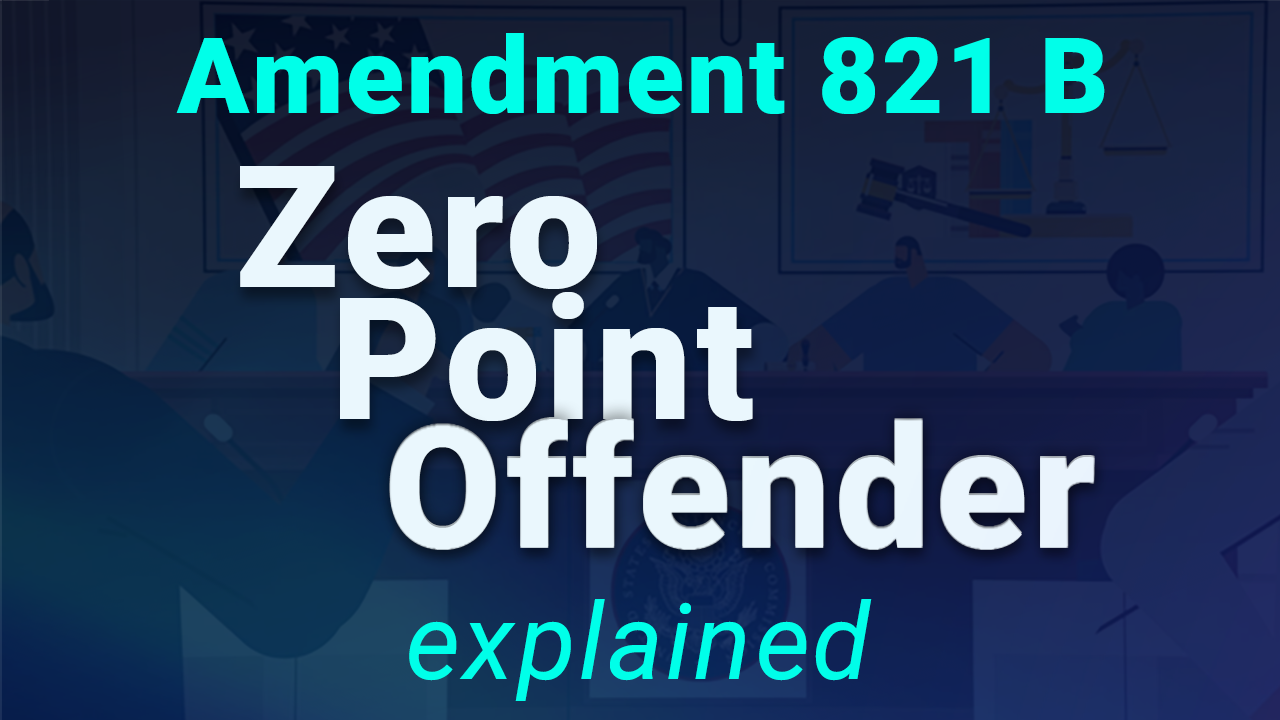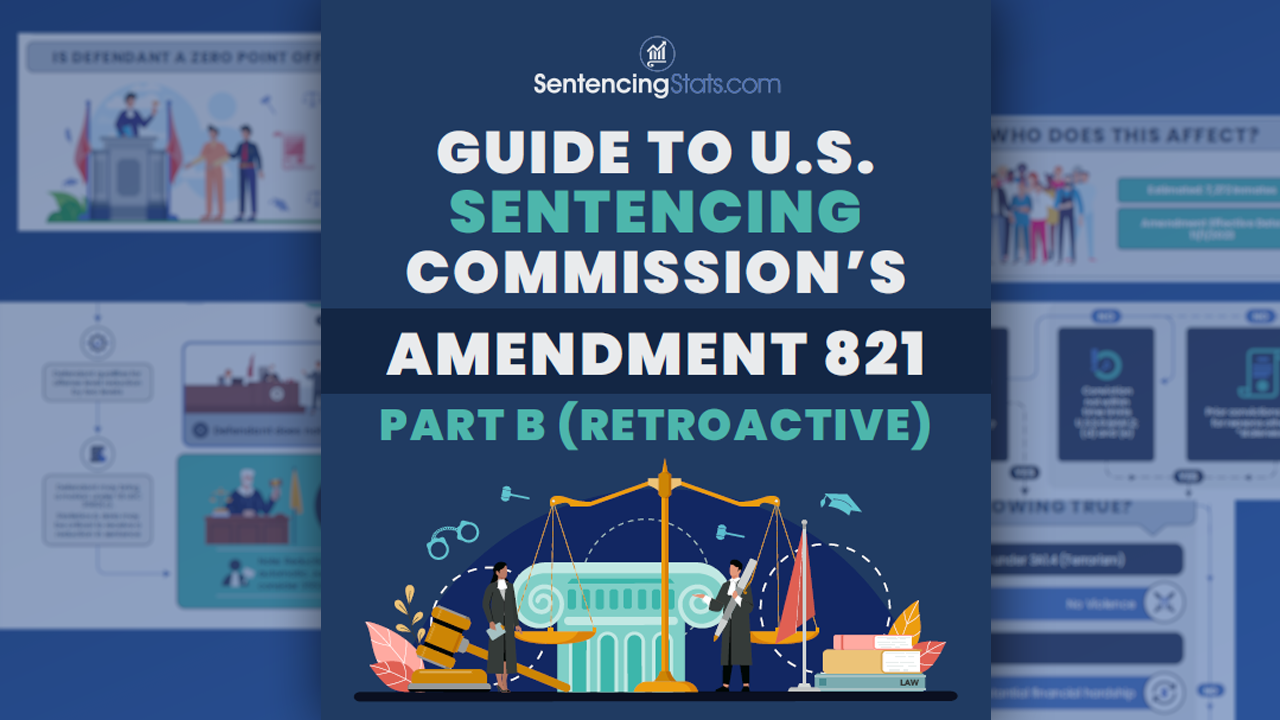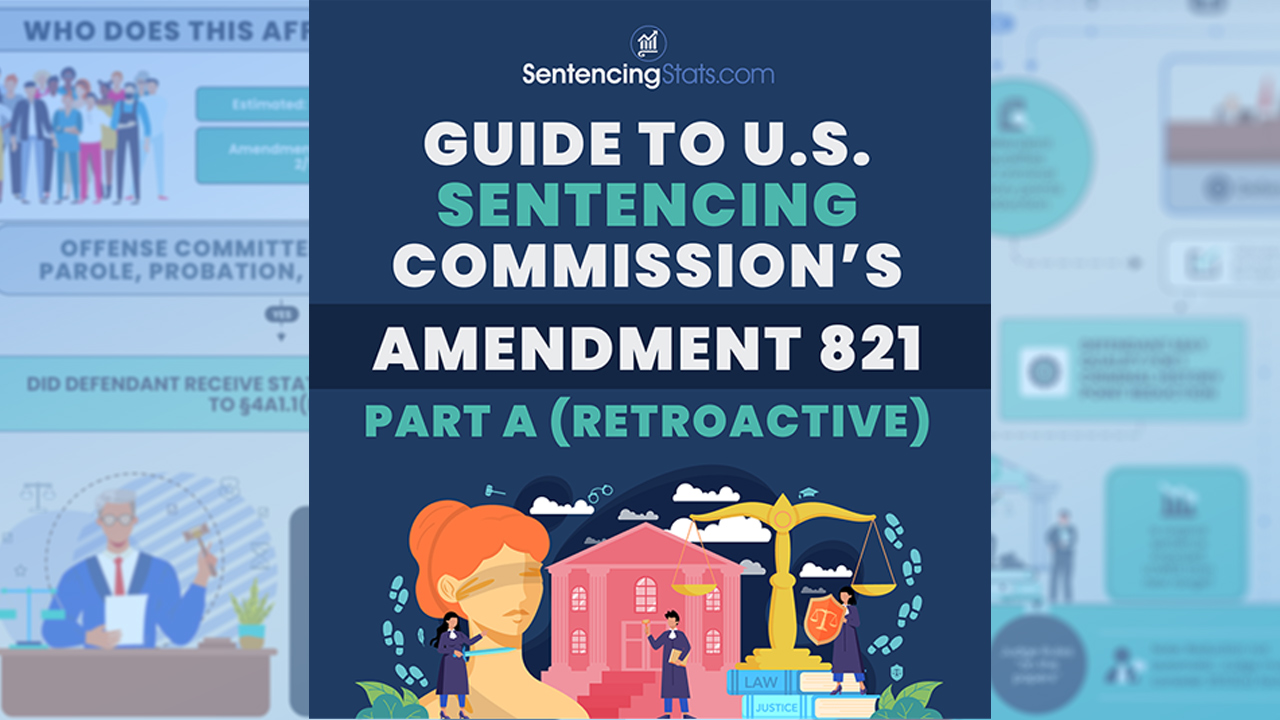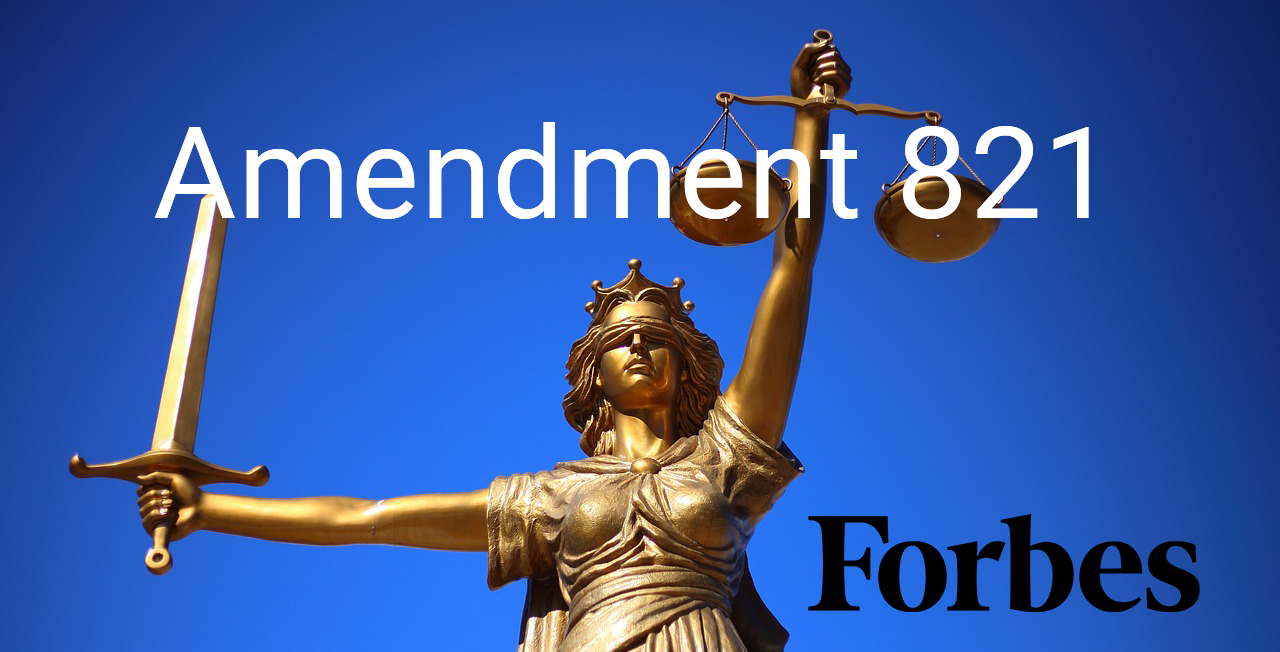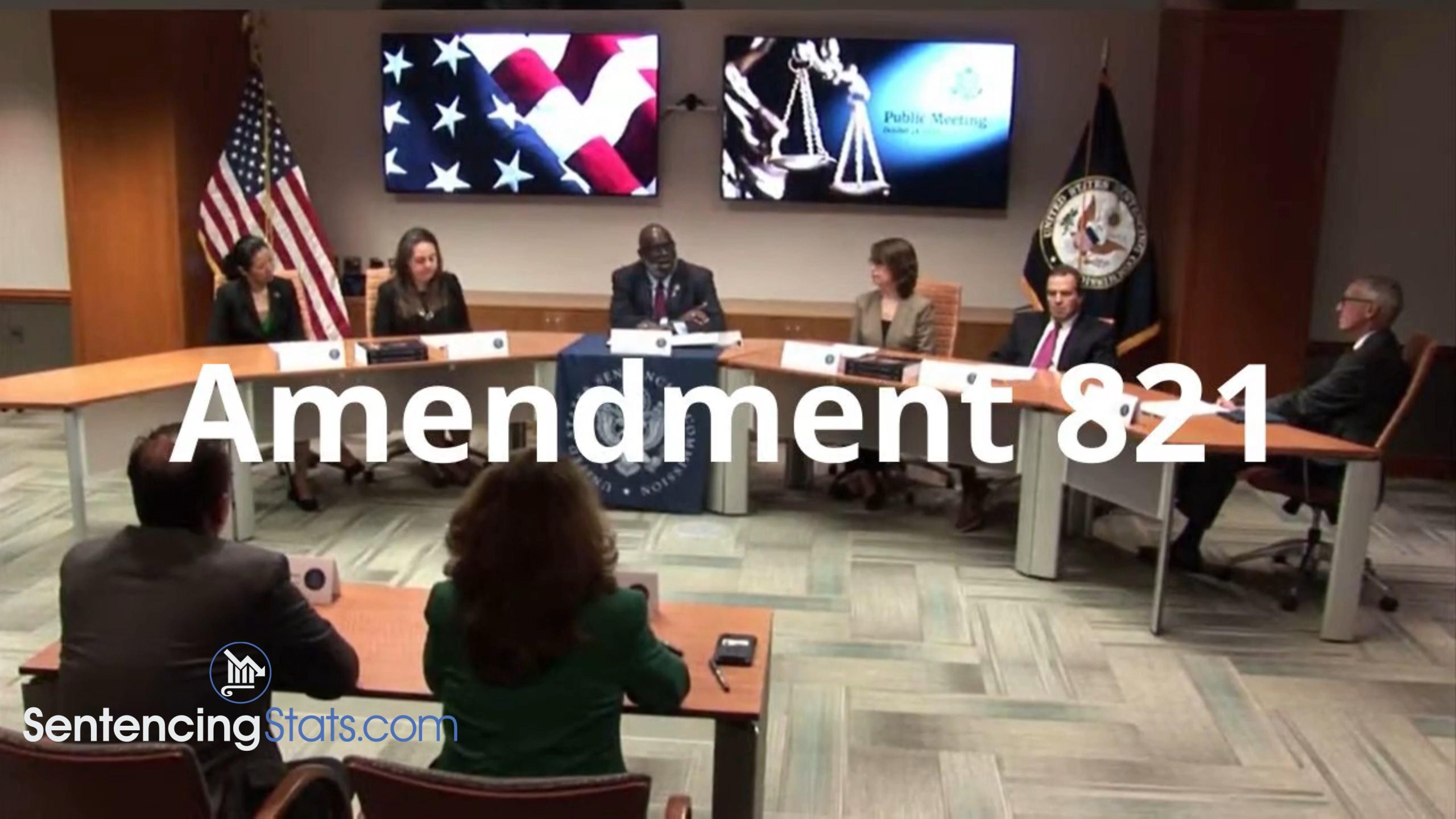SentencingStats.com, a leading provider of federal sentencing analytics and artificial intelligence solutions for sentencing analysis, is proud to announce that it has been selected for a founder grant from Microsoft for Startups Founders Hub, a global program that helps early-stage companies scale their businesses.
SentencingStats.com Receives Founder Grant from Microsoft for Startups Founders Hub



